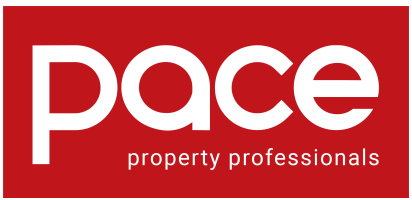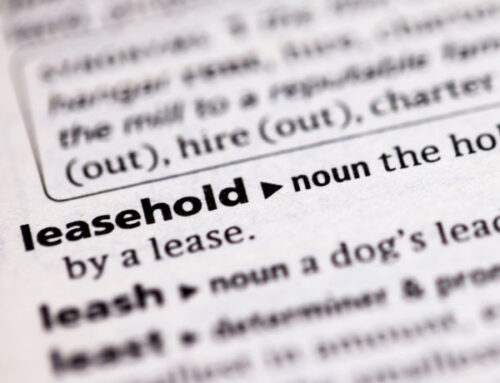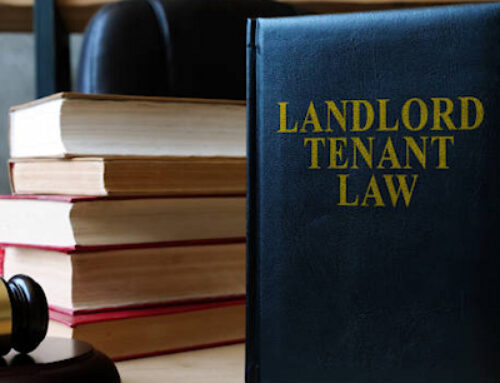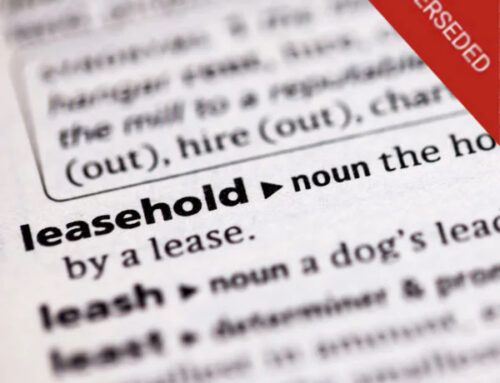Are you prepared for the changes to mandatory Houses in Multiple Occupation (HMO) licensing?
From 1st October 2018, mandatory licensing for landlords in England with Houses in Multiple Occupation (HMO) comes into force.
The licensing changes mean that landlords who let a property to five or more tenants forming two or more households (irrespective of building size), must apply to their council for an HMO licence.
For properties already licensed, will be moved over to the new scheme.
For clarity, an HMO could be a:
- House split into separate bedsits
- Shared house or flat
- Hostel
- Bed-and-breakfast hotel that is not just for holidays
- Shared accommodation for students
Your property is an HMO if both of the following apply:
- At least 3 tenants live there, forming more than 1 household (single, married or living together, relatives or half-relatives); (at least 5 tenants is a large HMO)
- They share toilet, bathroom or kitchen facilities with other tenants
HMO licences usually last for 5 years and you must apply to your local authority for an HMO licence if the above applies to you.
When issuing or renewing a licence, the council checks that:
- The property meets an acceptable standard i.e. large enough for the occupants and confirmation of it being well managed
- The landlord is a ‘fit and proper’ person
- Bedrooms must meet a minimum size requirement
The council is are also responsible for enforcing HMO standards and making a landlord take action to rectify issues.
If your property is an HMO, you must meet certain standards and obligations.
You must make sure that:
- Fire safety measures are in place, including working smoke alarms
- Annual gas safety checks are carried out
- Electrics are checked every 5 years
- The property is not overcrowded
- There are enough cooking and bathroom facilities for the number living there
- Communal areas and shared facilities are clean and in good repair
- There are enough rubbish bins/bags
Whilst this may sound like yet more landlord obligation with very little upside, you should be aware that if you have assured shorthold tenants and the HMO should be licensed but isn’t, you can’t evict using a section 21 notice. In other words, it is absolutely in the landlords interest to get an HMO license, not least of all as you could be fined for not having an HMO licence when you have an HMO that should be licensed but isn’t.








